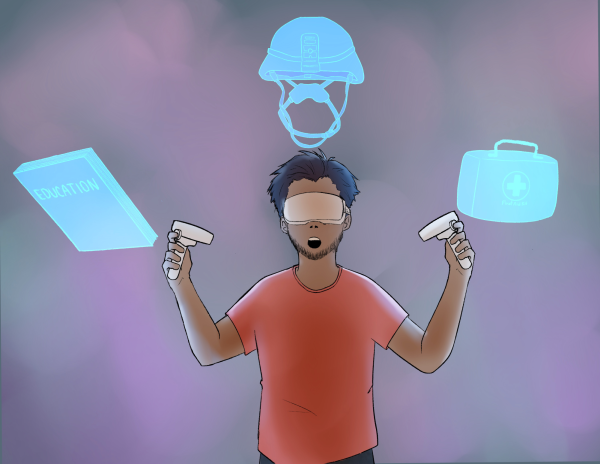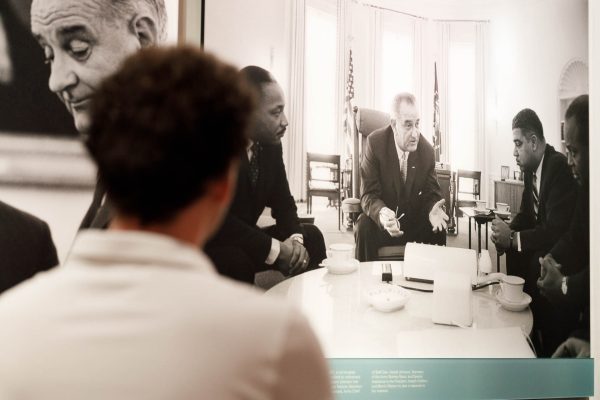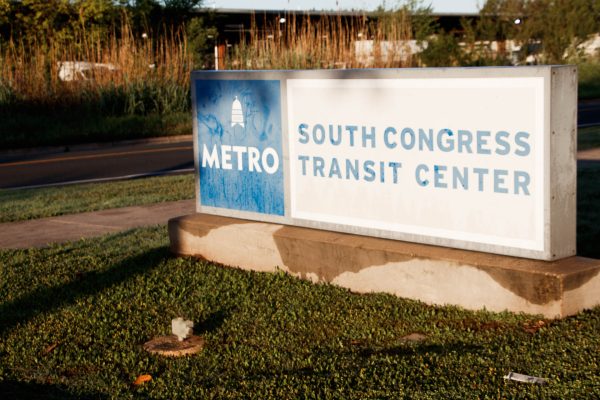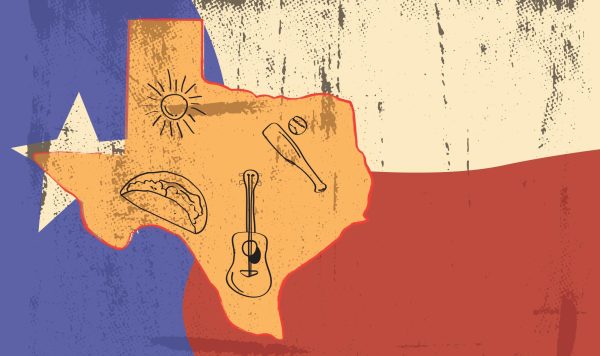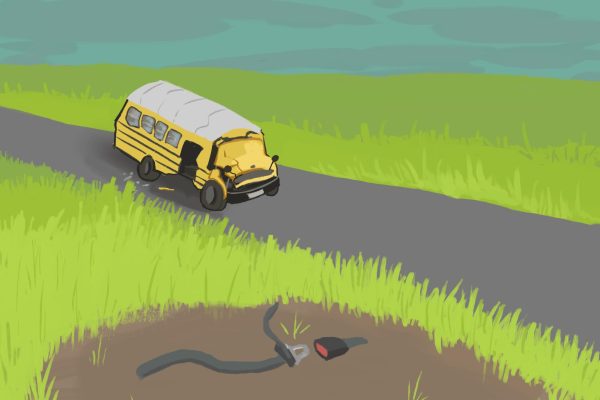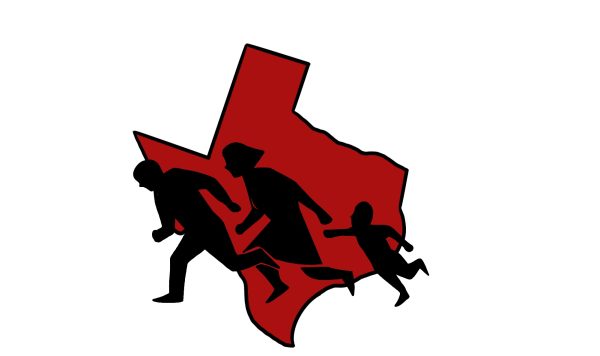Conversation about gun violence more important than ever

Mental Illness
I am as tired of writing about these horrific events as you are of reading about them. I am tired of waking up to a radio show-turned-midmorning-memorial. I am tired of having to rack my brain to take inventory, checking to see if any of my loved ones could be at all close to the victimized city. Just tired.
Yet, it is precisely this exhaustion that motivates me to continue this conversation. In this country, where mass shootings occur almost everyday, the clock is already ticking on when the next one will happen, and it is not only wishfully ignorant but negligent to assume otherwise.
Mass shootings have become so part of our culture that our national reaction has become a routine, as predictable and unsurprising as clockwork. We grieve and mourn; we fight and argue about how this could have been prevented; and we move on without change. Until it happens again.
These recurrences are becoming so common that we accept this violence as a default and a norm rather than an exception.
And in every occurrence, there are three tragedies: the victims and their families who will wake up everyday with the weight of their loss and its violent realization, the shooter, who is a tragedy in themselves because it is appalling to think of how deeply distraught a person must be to do this to another human being and the third tragedy, the thing that allows this vicious cycle to continue, which is as long lasting and senseless as the violent act itself – the different ways our country reacts.
Many raise a call for change, incentivized by the lives lost to violence; scrutinizing the systemic policies that allowed it to happen. Others criticize them for politicizing the issue at the expense of respect for the victims.
White House Press Secretary, Sarah Sanders’ recent dismissal of a gun control conversation is only the latest in a long line of criticism for the politicization of a mass shooting.
I agree that we must allow time to feel everything; feel the frustration and devastation, the sorrow and loss and to respect the families and communities left now a little emptier.
But to call this desire for change “politicizing” and to admonish it as insensitive not only deflects from the search for a solution but also invalidates a form of grief.
When a loved one passes away, there is a tacit acceptance that everyone goes through a different grieving process and will demonstrate different reactions. Some will cry and withdraw, some will rage, some will seek out comfort in others. Everyone is awarded the understanding that their grief process is uniquely different from anyone else’s.
National loss should be treated with the same respect that everyone is going through a unique grief and healing process. And a call for action is as valid a healing process as the traditional mourning, especially in a system where there is an abundance of action to take.
It’s not uncaring towards the victims to recognize that when a problem happens over and over and over again, it is no longer an “unpreventable” or unforeseeable tragedy; it’s a flaw in our system.
If anything, a desire to solve this problem, a drive towards action for change is a way to honor the victims and to prevent more. If anything, disregarding the action-reaction as insensitive is insensitive in and of itself, avoiding a conversation that we as a nation need to have.
To have this conversation is an action in itself because it rejects the apathetic idea that there is nothing we can do to prevent these things. It asks us to analyze the common factor underscoring each shooting, to reject the congressmen whose “thoughts and prayers” are empty without action.
My question for our country is this: is this conversation really more painful than waking up to another shooting?



